
For the first edition of “A Gay Old Time”—our new column where we take a deep dive into a piece of cinematic history with a queer appeal—we’re starting big with the 1927 war epic Wings.
There are many things Wings (a Paramount picture directed by William A. Wellman) is best remembered for, particularly among cinephiles and film history connoisseurs: the daring and technically advanced aerial stunts, the special effects, the camera work that still looks incredibly modern today. And, most importantly, it is strongly cemented in cinematic history as the first movie to win the Academy Award for Best Picture.
However, there is a much more subtle and curious angle to the movie. Sure, it’s a film about war, and the way it is sold to the young men of a country as a brave and selfless act of idealism and patriotism. It’s about how that shine slowly dissipates as the harsh reality settles—how youth is lost in the trenches, and how their families, marriages, and lives are put on hold.
But it is, perhaps above everything, about the unbreakable bond between two men.
To put it bluntly, Wings is a love story. And, despite the swelling posters and marketing of the time, it’s not one between Clara Bow and Charles “Buddy” Rogers—it’s a love story between two soldiers that find in each other the most meaningful relationship of their lives.
The Set-Up
Wings follows two young fighter pilots, Jack Powell (Rogers) and Dave Armstrong (Richard Arlen), who join the Army Air Service at the break of World War I. Jack is the All-American boy next door; an amateur mechanic whose biggest dream is to one day be in the sky. His neighbor Mary (Bow) is hopelessly in love with him (so much so that she eventually joins the war effort as an ambulance driver). However, his eye is set on someone else; pretty girl Sylvia Lewis (Jobyna Ralston), who happens to be in love with Dave, the aristocratic rich boy with airs of grandeur.
Jack and Dave are in love with the same woman, a tension that carries into training camp as they begin their time in the army, and carries through their relationship through the war.
A Brewing Bromance
However, war also brings them closer. They start facing everyday obstacles and troubles together. They fly together, are chased together, and are put out to die together. Nothing brings two former enemies closer than the possibility of death.
Jack and Dave’s relationship is never explicitly romantic or sexual (though there is the kiss—more on that later). On a surface level, their dynamic can simply be read as “buds being buds;” just another war friendship movie, like the dozen others that would follow.
But it is much more than just that. It is about the unique, indestructible bond that only people that go through this together can know. The pain, loss, and feel that they felt together. It is about their relationship evolving from bitter rivals that loathe each other to life companions that die in each other’s embrace. Wings is a tragi-romantic comedy.
Related*


Let’s revisit ‘The Gay Deceivers,’ the ’60s comedy where straight guys play gay to avoid the draft
Two straights move in together and pretend to be a couple in 1969—what could go wrong?
A High-Flying Affair

The women in their lives take a back seat. Mary is more of a side character (although Bow is billed and promoted as a lead performer) who chases her beau and later discovers just how much war has eroded him. Meanwhile, Sylvia is a mere object of desire; something to long for while the men are at war.
But the tactile, profound human connection formed on screen is between Jack and Dave. They constantly exchange longing glances at each other. It is, after all, a silent film, so every emotion is conveyed through facial expression. And, boy, is there a deep expression in these men’s faces. Of camaraderie. Of kindred. Of… desire? Longing? Love?
Man-On-Man Action
The film is also notable for featuring one of the first same-sex kisses in cinema. Towards the end of the film, as Dave has intercepted an enemy plane, he is badly hit and crashes into a nearby village. Jack is there to see him to his final breath. If one were only to read the on-screen title cards that appear as dialogue, it could very well be read as the last words of a lover to his partner. And in a way, they are.
Jack reassures Dave that his friendship is the thing in life that has meant to him the most, and Dave knows this is true. They kiss. And Dave dies.
But Is It Queer?

Wings remains a worthwhile watch for many reasons, and not just because of its place in awards season history. Technically speaking, it’s amazing, and the palpable big-screen charm of its stars is the kind you rarely see anymore. On both a narrative and technological level, it paves the way for so much of cinema that would come after it.
But also, it holds a unique place in the canon of queer cinema—ambiguous, yes, though still significant. Watching it today, the gay subtext is clearly there, at times feeling accidental and other times deeply intentional.
The film elevates male friendship same-sex love to soaring heights in a way that feels out of place and out of time. Everything these men do could feasibly be seen through the lens of repressed desire and deep longing.
Wings addresses masculinity in a soft, almost tender way that seemed taboo for most of Hollywood history. And maybe that is the queerest thing about it.
Wings is now streaming via Tubi and Kanopy. It’s available for digital rental/purchase via AppleTV, Amazon Prime VIdeo, YouTube TV, Vudu, and Google Play.



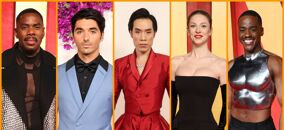


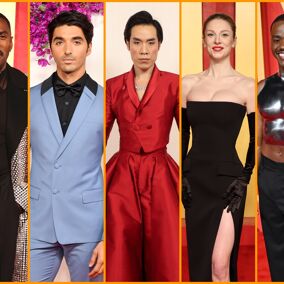
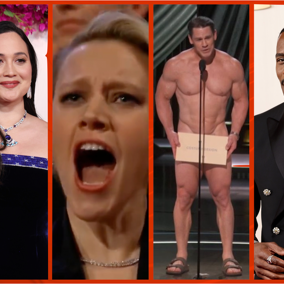
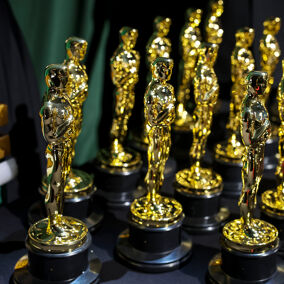
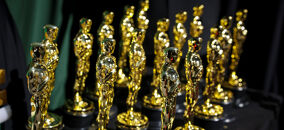
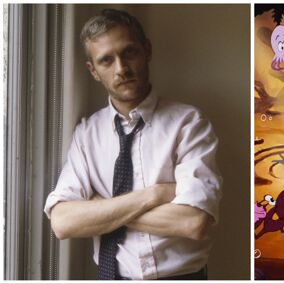
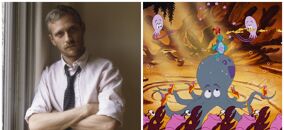
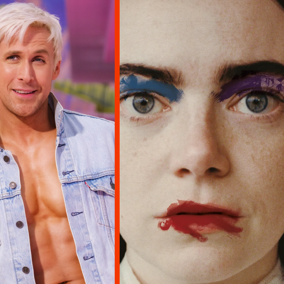
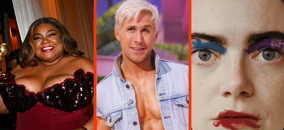
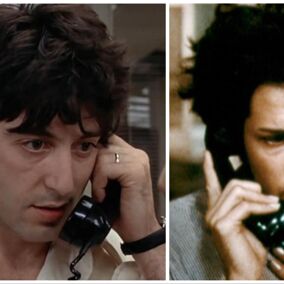
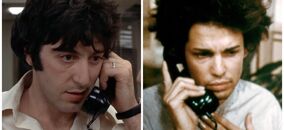
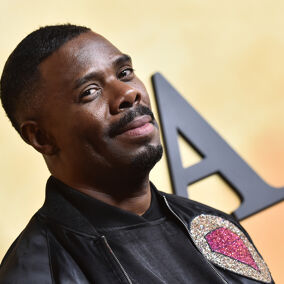

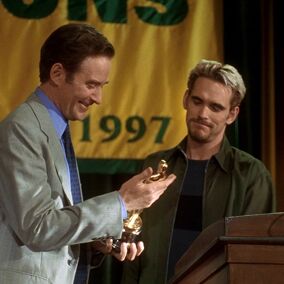
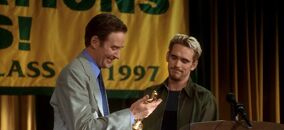
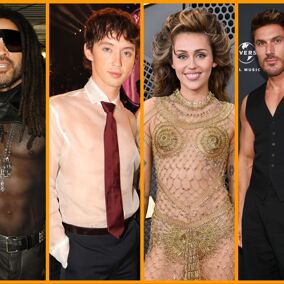























Plato
I believe Wings was a 1927 film that won the first Best Picture Oscar in 1929.
Go figure…
abfab
Reading is believing…
“And, most importantly, it is strongly cemented in cinematic history as the first movie to win the Academy Award for Best Picture.”
barryaksarben
as Margo said “I detest cheap sentiment” but this always gets me
Pietro D
In the old days, when the Academy started, the award season did not go, as it does now, from January to December of any given year; it was a staggerd Awards season that ended in August and hence the 2 year window for Award Winning films. Wings was the Oscar Winning film of 1927/1928 beating out Nominees: The Last Command, The Racket, Seventh Heaven, and The Way of All Flesh; German EMIL Jannings was the first Male Oscar Winner of 27/28 for the Last Command and the Way of All Flesh and young American JANET GAYNOR became the first Oscar Best Actress for “Seventh Heaven”, “Angel Street” and the very great “Sunrise” which should have been one of the Oscar Nominated Best Films of the year. ……… In the first year an Actor was nominated for multiple roles for that given year. Ever since, no matter how many fine performances an Actor gives, he or she can only be nomiated for ONE film.
Man About Town
That scene, especially with that music… now I’m faklempt!
abfab
LOL….me too! Tawk amungst yawselvs!
RyanMBecker
The score was gorgeous. It’s “The Gift Of Mortality” by James Horner from the soundtrack of Bicentennial Man.
salumbre
Not subtle at all. For the time, it’s pretty much on the nose.
And such beautiful actors!
martin_erickson
This is one of my all-time favorite movies. I first saw it when it was screened at the soon-to-close Westgate Theatre in Edina, MN in the 1960s as a high school student. It brought tears to my eyes then and still does. My Dad took us as a treat because the lady who originally played the score on the theatre organ when “Wings” was first screened in downtown Minneapolis was the accompanist for this final performance of a film at the Westgate. She was marvelous. I agree, beautiful actors, beautiful, very UN-subtle story.
ricardo
This is a must watch, thank you.
Diplomat
Amazing content for the times. It’s startling that almost a century later BB Mountain got trashed by the academy. Thanks for these beautiful clips. Truly heart felt tearful stuff.
Celtic
Well, DAMN! This took me to tears, big time. SO MUCH affection! Only those of us who have experienced man-on–man love can or will understand its power.
crazyoldman
Thank you for this series. I am looking forward to future issues.